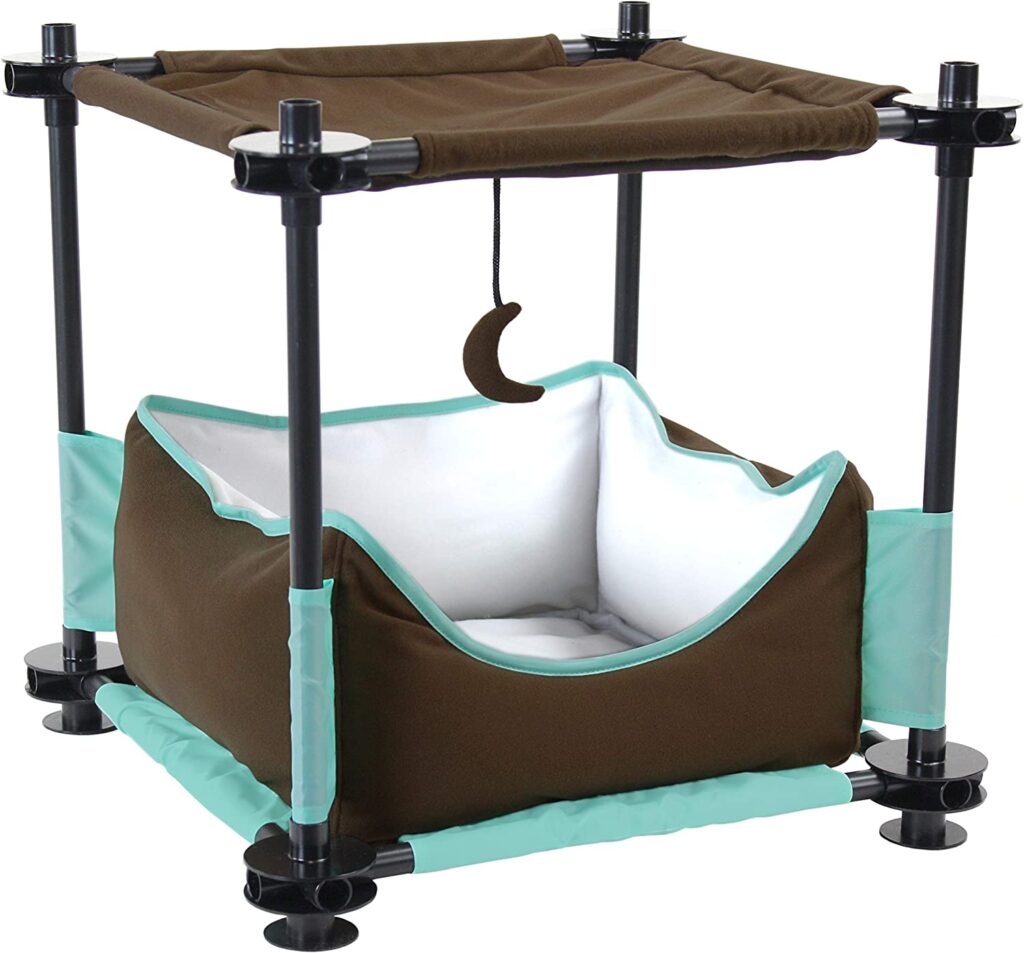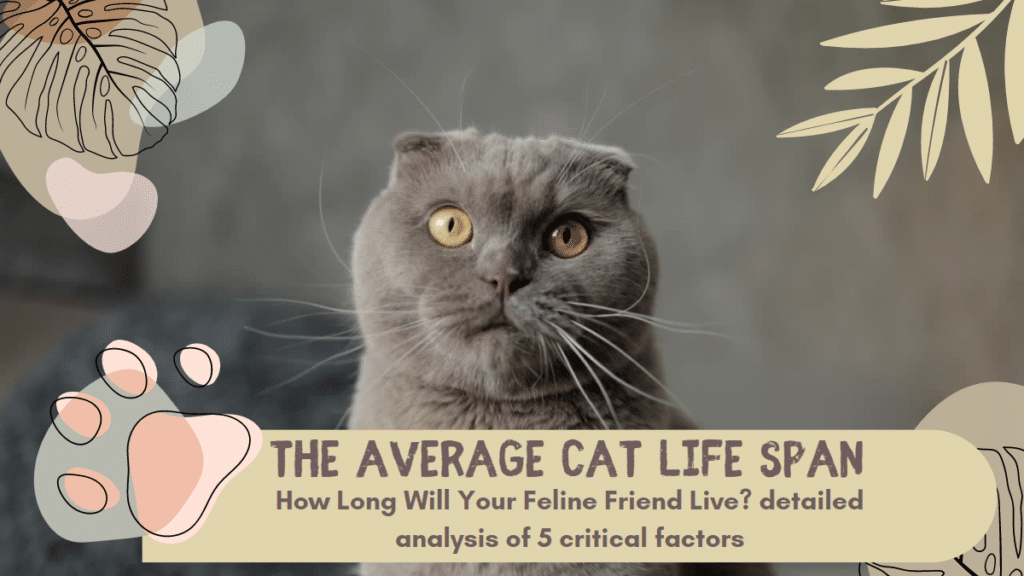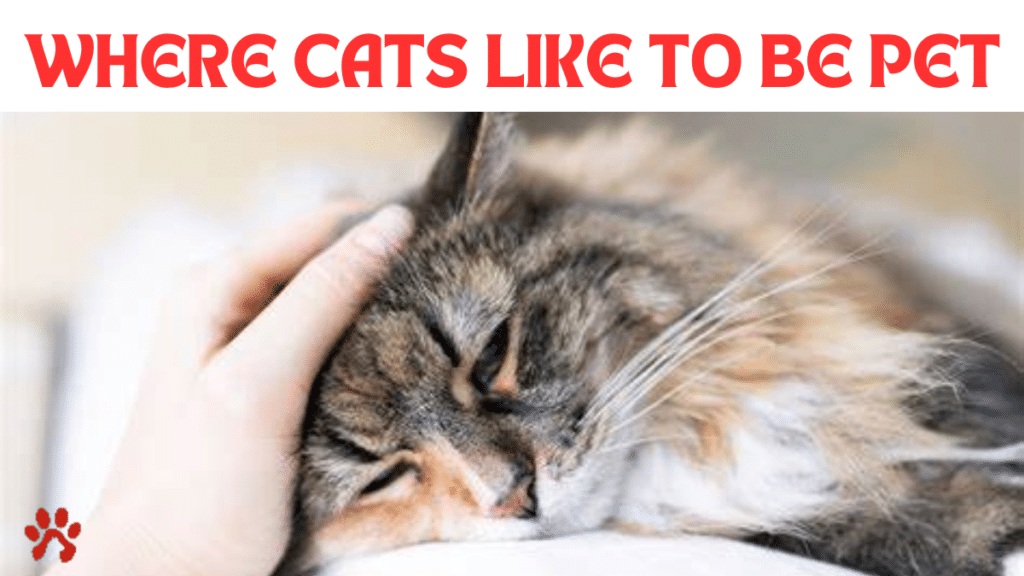why does my cat keeps leaving her newborn kittens:
Welcoming a litter of newborn kittens is an exciting time for cat owners. However, it can be disheartening and puzzling when a mother cat repeatedly leaves her litter. Understanding the factors that influence a cat’s behavior in this situation is crucial for providing the best care for both the mother and her kittens. In this article, we will explore the various reasons why a cat may leave her newborn kittens and discuss potential solutions to help ensure a positive and nurturing environment for the entire feline family.
Factors Influencing a Cat’s Behavior of Leaving Her Newborn Kittens:
Maternal Instincts and Mother-Offspring Bond:
A cat’s maternal instincts and the strength of her bond with her offspring play a significant role in her behavior towards her newborn kittens. Most cats have a natural instinct to care for their young, but some may exhibit weaker maternal instincts or struggle to form a strong mother-offspring bond. Factors such as a difficult delivery, hormonal imbalances, or even a lack of maternal experience can influence the cat’s behavior, leading to her leaving the kittens alone.
Stress and Environmental Factors:
Stress can significantly impact a cat’s behavior, including her ability to care for her newborn kittens. Environmental stressors such as loud noises, overcrowding, or changes in routine can trigger anxiety and cause a mother cat to feel overwhelmed or threatened. In such situations, she may choose to distance herself from her litter as a coping mechanism.
Health Issues and Physical Discomfort:
Underlying health issues or physical discomfort can also contribute to a cat’s decision to leave her kittens. Postpartum complications, pain, or discomfort due to infections, injuries, or other medical conditions can make it challenging for a mother cat to provide adequate care. In these cases, seeking veterinary attention is crucial to address the health issues and alleviate the cat’s discomfort.
Lack of Maternal Experience or Maternal Rejection:
First-time mother cats or those with limited maternal experience may exhibit uncertainty or anxiety when caring for their newborns. Some cats may even reject their kittens altogether, leading to abandonment. Providing guidance, support, and a calm environment can help the cat build confidence and develop better maternal instincts.
Interference by Humans or Other Animals:
Human interference or the presence of other animals can disrupt a cat’s ability to care for her kittens. Well-intention but excessive handling, constant monitoring, or the introduction of unfamiliar pets can cause stress and trigger a defensive response in the mother cat. Minimizing interference and creating a quiet and secure space for the cat and her litter is essential for their well-being.
Previous Negative Experiences or Trauma:
Cats with a history of negative experiences or trauma may exhibit behaviors that affect their ability to care for their newborns. Past abuse, neglect, or traumatic events can create fear, anxiety, or aggression, making it challenging for the cat to feel safe and secure in caring for her litter. Patience, understanding, and possibly professional help can aid in rehabilitating these cats and creating a nurturing environment for them and their kittens.
BUY CAT’S PRODUCTS ON AMAZON

Kitty City Claw Indoor and Outdoor Mega Kit Cat Furniture, Cat Sleeper, Outdoor Kennel
How to Help a Cat with Newborn Kittens Stay with Her Litter:
Providing a comfortable and secure nesting area, ensuring a stress-free environment, and promoting a strong mother-offspring bond are crucial steps in supporting a mother cat’s commitment to her kittens. Creating a cozy, quiet space with limited external disturbances can help alleviate stress and anxiety. Additionally, offering regular meals, fresh water, and a litter box nearby will minimize the need for the mother cat to leave her kittens for essential needs.
If the mother cat exhibits signs of physical discomfort or health issues, promptly seeking veterinary care is essential. A thorough examination can identify and address any underlying medical conditions, ensuring the mother’s well-being and increasing her ability to care for her litter effectively.
In situations where a cat lacks maternal experience or rejects her kittens, providing guidance and support can make a significant difference. Assisting with nursing techniques, such as gently guiding the kittens to the mother’s teats, can help facilitate the bonding process. Additionally, consulting with a veterinarian or an experienced cat behaviorist can provide valuable insights and strategies to encourage the mother cat’s nurturing behavior.
These 10 points must be taken care of are as below:
- Create a cozy and secure nesting area for the mother cat and her kittens, ensuring it is away from high-traffic areas and noise.
- Minimize external disturbances and create a calm environment by limiting visitors and loud noises around the mother and her litter.
- Provide regular meals, fresh water, and a litter box nearby to reduce the need for the mother cat to leave her kittens for essential needs.
- Ensure the nesting area is warm and comfortable, providing soft bedding and a safe space for the mother cat to nurse and bond with her kittens.
- Monitor the mother cat for any signs of physical discomfort or health issues, such as pain, infection, or difficulty nursing, and seek veterinary care promptly if needed.
- Consult with a veterinarian or cat behaviorist for guidance and support if the mother cat lacks maternal experience or rejects her kittens.
- Assist with nursing techniques, if necessary, by gently guiding the kittens to the mother’s teats to encourage proper feeding and bonding.
- Avoid excessive handling of the kittens and respect the mother cat’s need for space and privacy, allowing her to bond and care for her litter without unnecessary interference.
- Provide appropriate stimulation and playtime for the mother cat to prevent boredom and promote a healthy mental state, but ensure it does not overwhelm her or take her away from her maternal duties.
- Regularly monitor the mother cat and her kittens for any changes in behavior, health, or development, and seek professional advice if any concerns arise.
Conclusion:
Providing a comfortable and secure nesting area, ensuring a stress-free environment, and promoting a strong mother-offspring bond are crucial steps in supporting a mother cat’s commitment to her kittens. Creating a cozy, quiet space with limited external disturbances can help alleviate stress and anxiety, allowing the mother cat to focus on caring for her litter. Offering regular meals, fresh water, and a nearby litter box minimize the need for her to leave her kittens for essential needs, ensuring their uninterrupted care and bonding.
In addition to creating a conducive environment, prompt veterinary care is essential if the mother cat exhibits signs of physical discomfort or health issues. A thorough examination by a veterinarian can identify and address any underlying medical conditions, enhancing the mother’s well-being and increasing her ability to care for her litter effectively. By addressing her health needs, we can alleviate any discomfort she may be experiencing and support her in providing optimal care for her kittens.
For situations where a mother cat lacks maternal experience or rejects her kittens, guidance and support can make a significant difference. Assisting with nursing techniques, such as gently guiding the kittens to the mother’s teats, can help facilitate the bonding process and ensure adequate nutrition for the kittens. Consulting with a veterinarian or an experienced cat behaviorist can provide valuable insights and strategies to encourage the mother cat’s nurturing behavior, ultimately improving the chances of her accepting and caring for her litter.
By implementing these suggestions, cat owners can greatly increase the chances of a mother cat staying with her newborn kittens and providing them with the care they need for healthy development. Remember that each cat and litter is unique, so it’s important to be observant, patient, and adaptable in supporting the mother cat throughout the journey of raising her kittens. With the right environment, medical attention when necessary, and expert guidance, you can help ensure a positive and nurturing experience for both the mother cat and her precious little ones.
impotent Take Away:
Mother cat leaving kittens: It can be distressing for cat owners when a mother cat repeatedly leaves her newborn kittens. There are several reasons why a mother cat may exhibit this behavior. It could be due to stress, health issues, or even a lack of maternal experience. Understanding the underlying factors influencing a mother cat’s decision to leave her kittens is crucial in order to provide the necessary support and care to ensure the well-being of both the mother and her litter.
Factors influencing cat’s behavior with newborn kittens: Various factors can influence a cat’s behavior when it comes to caring for her newborn kittens. Maternal instincts play a significant role, as cats have a natural inclination to nurture and protect their young. However, other factors such as stress, environmental disturbances, and health issues can impact a cat’s ability to provide adequate care. Recognizing and addressing these factors is essential in helping a mother cat fulfill her maternal responsibilities and ensure the proper development and well-being of her kittens.
Maternal instincts in cats: Maternal instincts are innate behaviors that cats possess to care for their offspring. These instincts drive a cat’s protective nature, grooming behaviors, and nursing abilities. From the moment the kittens are born, a mother cat will instinctively clean them, provide warmth and nourishment, and teach them essential skills. Maternal instincts are vital for the survival and development of the kittens, as they rely on their mother for everything during their early stages of life.
Stress and environmental factors affecting cat behavior: Stress and environmental factors can significantly impact a cat’s behavior, including her care for newborn kittens. Cats are sensitive creatures, and changes in their environment or exposure to stressors such as loud noises, overcrowding, or disruptions in their routine can cause anxiety and affect their ability to care for their litter. Creating a calm, quiet, and secure environment for the mother cat and her kittens is crucial in minimizing stress and providing the ideal conditions for her to properly nurture and raise her offspring.
Health issues in mother cats and newborn kittens: Health issues can affect a mother cat’s ability to care for her newborn kittens. Postpartum complications, physical discomfort, and underlying medical conditions can cause a mother cat to exhibit behaviors such as leaving her litter. It is important to monitor the mother cat’s health closely and seek veterinary care if any signs of illness, pain, or discomfort arise. By addressing health issues promptly, cat owners can ensure that the mother cat is physically capable of providing the necessary care and attention to her kittens, promoting their growth and well-being.
Frequently Asked Questions:
Why is my cat ignoring her newborn kittens?
There could be several reasons why a mother cat may appear to be ignoring her newborn kittens. One possibility is that the cat is experiencing stress or anxiety, which can cause her to distance herself from her litter. Environmental factors, such as disruptions in routine or a crowded living space, can contribute to this behavior. Additionally, some cats may have difficulty bonding with their kittens due to hormonal imbalances, lack of maternal experience, or previous negative experiences. It is important to observe the mother cat’s behavior and consult with a veterinarian or cat behaviorist to determine the underlying cause and provide appropriate support.
Is it normal for a cat to leave her newborn kittens?
While it is not the norm for a mother cat to leave her newborn kittens, it can happen in certain circumstances. Cats generally have strong maternal instincts and a natural inclination to care for their offspring. However, some factors can lead to a cat leaving her kittens. These may include stress, health issues, discomfort, lack of maternal experience, or external interference. It is essential to investigate the underlying reasons and address them promptly to ensure the well-being of the kittens and support the mother in her caregiving role.
Why is my mother cat leaving her kittens?
There can be various reasons why a mother cat may leave her kittens. It could be due to stress caused by environmental factors such as noise, disruptions, or overcrowding. The mother cat may also be experiencing physical discomfort or health issues that make it challenging for her to provide care for her litter. In some cases, a lack of maternal experience or previous negative experiences can result in a mother cat leaving her kittens. It is important to evaluate the situation, provide a calm and secure environment, and seek veterinary advice if necessary to determine the cause and implement appropriate measures to encourage the mother cat to stay with her kittens and fulfill her maternal responsibilities.
You May also Like: Are Orange Cats Dumb – It’s A Myth! 10 Undeniable Facts About Cats

